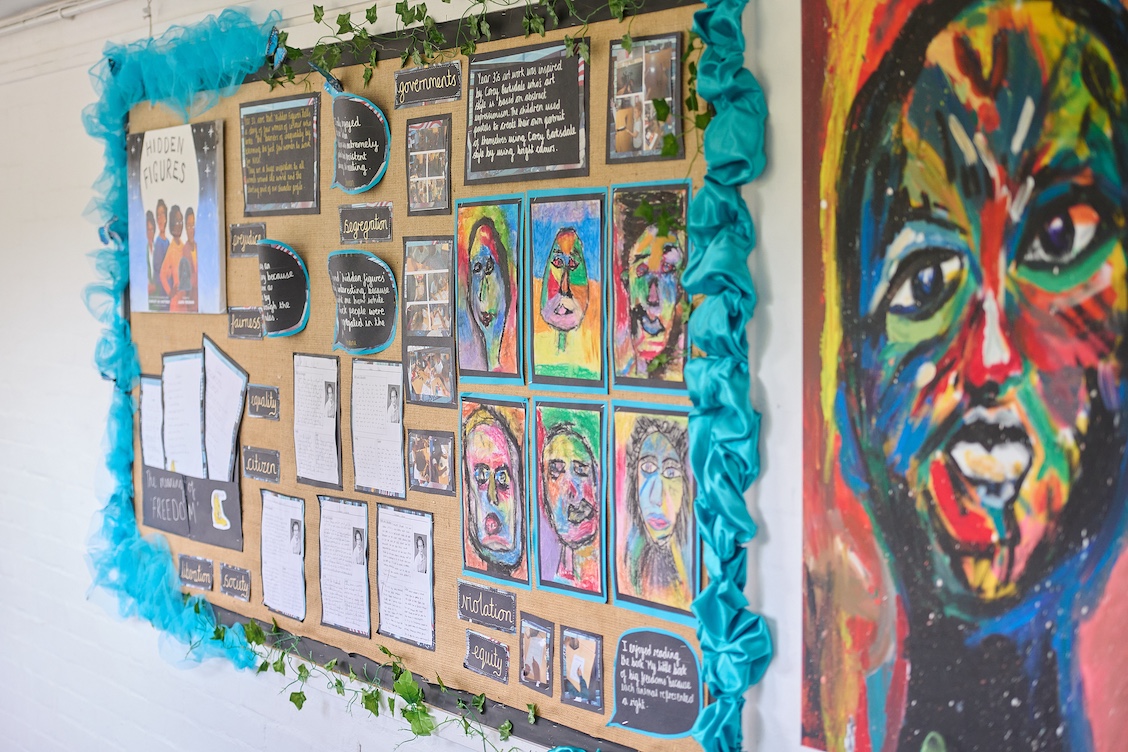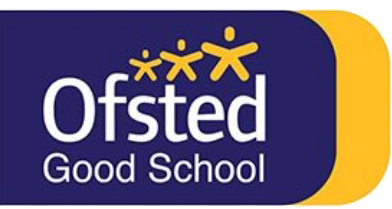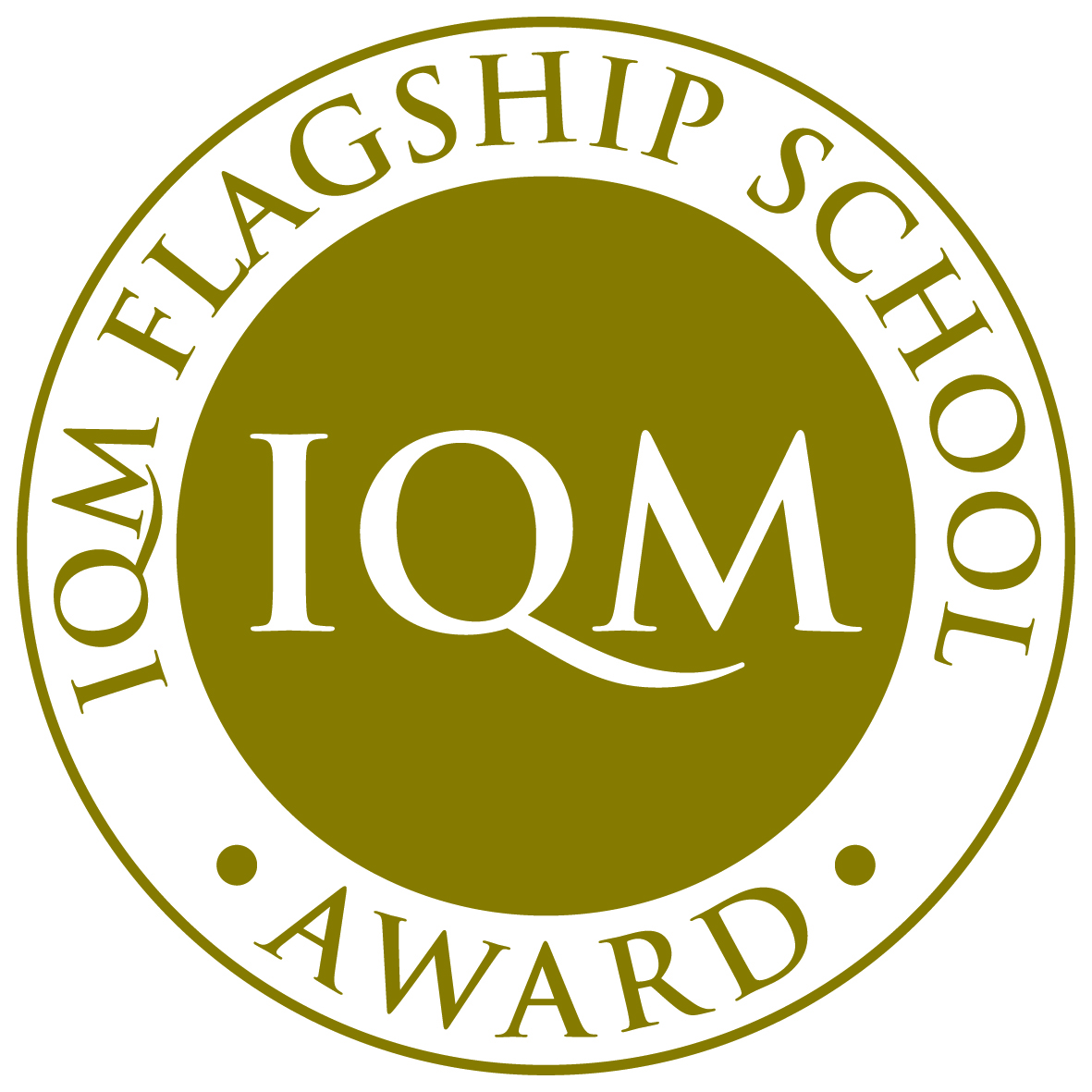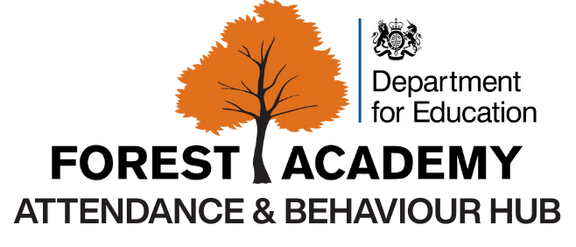Teaching and Learning
At Forest Academy, we are committed to providing high-quality learning experiences for every child, at every stage. We believe that all learners are capable of excellence. Our curriculum is designed to engage and empower pupils by embedding knowledge, skills, and values through rich, purposeful, and memorable experiences. Excellence is not just expected — it is experienced.
In the Early Years, children learn through a carefully balanced mix of structured activities and child-led exploration. Our thoughtfully designed indoor and outdoor environments encourage active, creative, and collaborative play. We know that young children learn best through hands-on experiences with their peers, so we offer a range of opportunities that spark curiosity and foster early learning.
Whether they are digging for treasure in our sandpit, experimenting with mixtures at the potion station, or discovering the natural world through forest school, our youngest learners are supported to thrive in an environment that nurtures imagination, communication, and independence.

In Key Stage 1, we build a strong foundation for formal learning through carefully planned transitions from the Early Years. Our approach ensures that children continue to develop independence, curiosity, and confidence in their learning. Active, oracy-rich sessions and a broad, balanced curriculum are enhanced by a range of trips, workshops, and first-hand experiences—bringing learning to life and deepening understanding across all subjects.
By Key Stage 2, pupils grow in maturity, independence, and self-awareness. Our curriculum nurtures character development and prepares children for the next stage of their educational journey. Forest Academy pupils leave us as confident, articulate individuals with a strong sense of responsibility. They understand their role as positive contributors to their community and are equipped with the knowledge, skills, and values to make a meaningful impact in the wider world.
At Forest Academy, relationships are at the heart of everything we do. We believe that collaborative learning not only supports academic growth but also builds character and strengthens peer relationships. Through carefully crafted learning sequences, pupils are immersed in active learning that promotes problem-solving, critical thinking, connection-making, debate, reasoning, and evaluation. Across the school day, children are not passive recipients of knowledge—they are engaged, thoughtful participants in their learning. This deep level of engagement helps them develop a strong sense of ownership, purpose, and connection—to their learning and to one another.
Visible Learning
At Forest Academy, our learning environments are designed to provoke curiosity, deepen understanding, and celebrate achievement. Every classroom is intentionally organised to reflect all areas of the curriculum and promote visible learning. Topic tables and learning walls are updated termly with artefacts, images, and reflective questions that contextualise the learning and stimulate critical thinking. Our classrooms speak the language of learning — structured, vibrant, and thought-provoking.
Oracy
Oracy is a vital pillar of our curriculum. It empowers pupils to articulate their ideas clearly, engage meaningfully with others, and deepen their understanding through purposeful dialogue. At Forest, we teach children to learn through talk and to talk. Lessons are carefully designed, modelled, and scaffolded to promote high-quality classroom talk—from structured debate and paired discussion to reflective questioning and reasoning. Oracy enables children to express themselves with confidence, listen with empathy, and build strong communication skills for life.
Growth Mindset & Character Skills
We recognise that success is shaped not only by knowledge but by character. Through our values-based curriculum, we explicitly teach five core character skills: Wonder, Integrity, Leadership, Relationships, and Mindset. These qualities are woven into every learning experience, empowering pupils to become resilient, reflective, and responsible individuals. A growth mindset underpins our ethos—we believe every child can achieve and encourage perseverance, positive risk-taking, and a "can-do" attitude.

Research-Informed Practice
At Forest Academy, research drives innovation. Teachers are active participants in enquiry-based practice, collaborating in professional learning communities to address key priorities and bring about meaningful change. By linking pedagogy to current research, staff develop practical strategies that deepen subject knowledge, refine classroom practice, and raise standards. Framing teachers as researchers ensures our approach remains evidence-informed, reflective, and responsive—benefiting all learners across the school.
Assessment
Assessment at Forest Academy is purposeful, consistent, and child-centred. Grounded in the belief that every child can achieve, our system ensures that teaching is responsive and focused on progress for all.
Key principles:
-
Children are assessed against Key Performance Indicators (KPIs) for each subject.
-
Teaching is scaffolded using the National Curriculum to support pupils in meeting these KPIs.
-
Pupils are expected to make age-appropriate progress and leave each year group working at least at the expected standard.
-
Those who meet all KPIs will deepen their learning, not move prematurely to the next year’s content.
Assessment is ongoing and includes:
-
Formative strategies such as questioning, mini-plenaries, and reflection tasks.
-
Feedback in line with the Inspire Partnership Feedback Toolkit, fostering dialogue and progress.
-
Pupil voice and book scrutiny to triangulate assessment with real learning.
-
Use of KPI documents that clearly identify what has been achieved and what comes next.
At the end of each year, teachers make a holistic judgement against the year’s KPIs to determine whether a child is working at, towards, or beyond age-related expectations.
EYFS Assessment
In Reception, children are assessed against the Prime and Specific areas of the Early Years Foundation Stage (EYFS) framework. Assessments are based on observations of play, interactions, and daily activities. At the end of the year, children will be judged against each Early Learning Goal (ELG) as:
-
Emerging – not yet meeting the expected level
-
Expected – meeting the expected level
-
Exceeding – going beyond the expected level
These assessments ensure every child’s unique development is understood and supported as they move into Key Stage 1.







